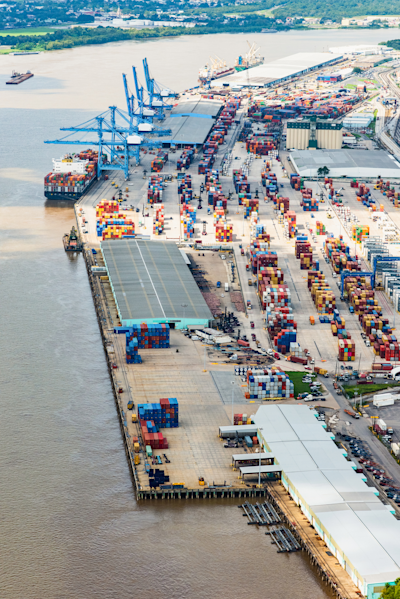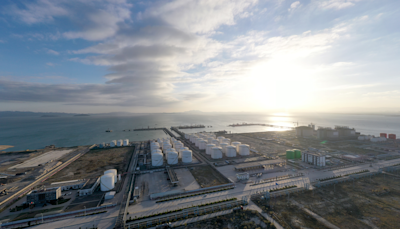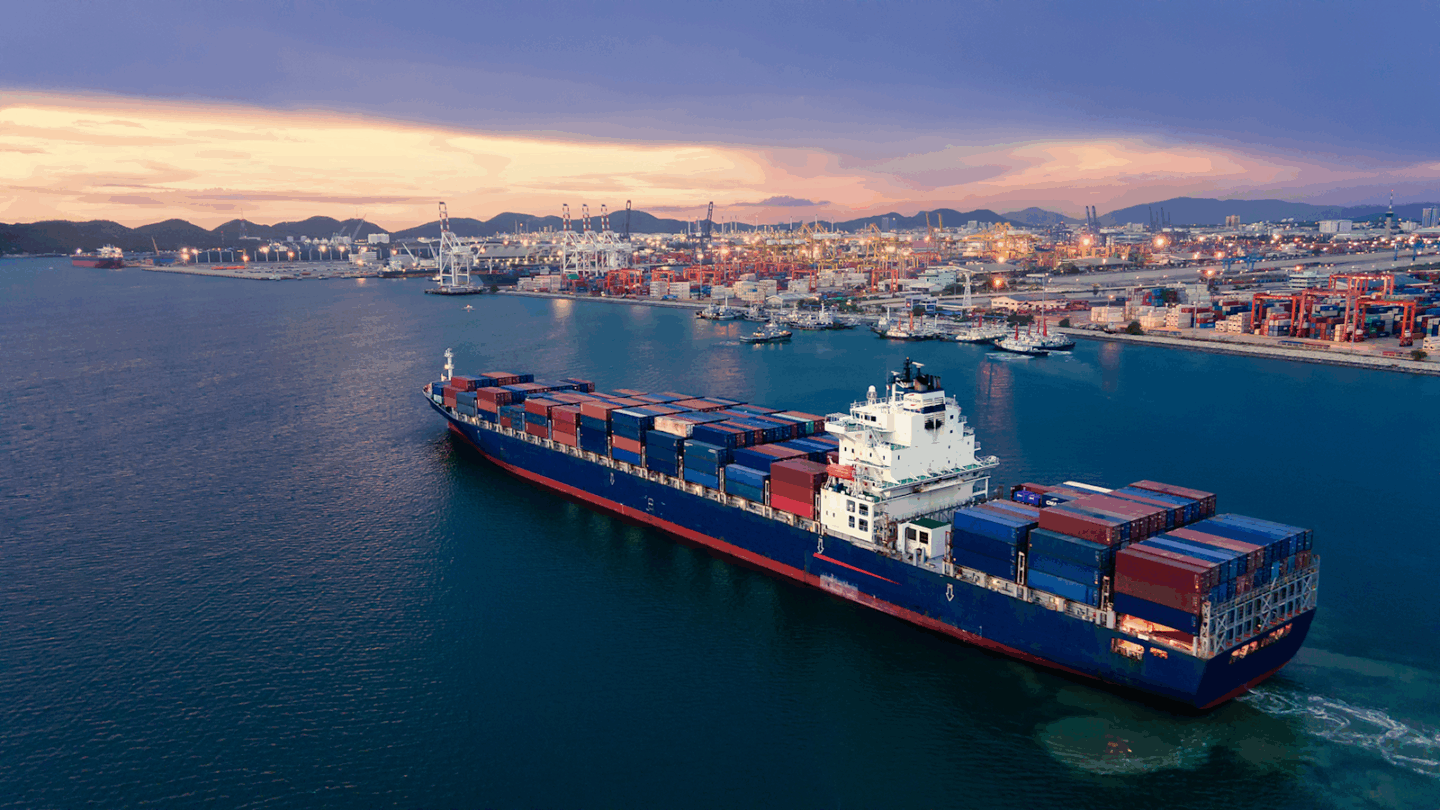Charting the Future
Our Global Maritime Trends 2050 report provides valuable insights into the future of the maritime sector, shedding light on how the industry will be shaped by geopolitical, environmental, technological, and social forces. This comprehensive analysis doesn’t merely gaze into the crystal ball; it also delves deep into various “what if” scenarios, helping to grasp the potential challenges and opportunities that lie ahead.
Among the many trends identified in our report, several stand out as game-changers for the maritime industry. The adoption of green hydrogen, the integration of automated technology solutions, regionalisation, population expansion, and the specter of rising sea levels all paint a vivid picture of the future. It’s a future where industry stakeholders must be agile and proactive to thrive.
Port Resilience in the Face of Climate Change
As the report emphasises, ports and their accompanying infrastructure will play pivotal roles in this evolving seascape. However, with great importance comes great vulnerability, especially in an era marked by climate change and a growing frequency of climate-related disasters. The effects of these changes are already being made known.
Flood Risk and Safety Measures
One pressing concern is the increased risk of flooding. Rising sea levels and unpredictable weather patterns can lead to more frequent and severe coastal flooding. Ports, which are often located in low-lying coastal areas, are directly in harm’s way. This not only disrupts operations but also poses serious safety hazards for port personnel.
To combat this threat, forward-thinking nations and port authorities are taking proactive steps by investing in safety measures and advanced training programs. These investments aren’t just about safeguarding infrastructure; they’re about ensuring the well-being of the people who work tirelessly to keep global trade flowing.
Erosion and Land Loss
Coastal erosion poses yet another challenge. It can undermine the stability of critical port infrastructure like berths and terminals, making them susceptible to damage. Moreover, as coastlines erode, port facilities may face the very real possibility of land loss. Addressing these issues often requires costly measures, such as shoreline protection projects or even the relocation of port facilities.
These challenges demand innovative solutions. Ports must take steps to protect their assets and ensure their long-term viability. This may include fortifying coastal defenses, implementing sustainable erosion control measures, and carefully considering the location of future port developments.

Disruption of Global Trade
Beyond the physical threats, extreme weather events can disrupt global trade routes, causing delays in cargo transportation. The economic implications of such disruptions are far-reaching, as ports are pivotal hubs in the intricate web of global trade. A delay in one port can ripple through the supply chain, affecting manufacturers, retailers, and consumers worldwide.
To mitigate the risk, robust disaster response plans and contingency measures must be in place. Ports need to have the flexibility to adapt quickly to changing circumstances, whether due to natural disasters or other unforeseen challenges.
Adapting to New Fuels and Technologies
In addition to the challenges posed by climate change, ports must adapt to accommodate the use of new fuels and technologies. As the world shifts towards cleaner energy sources, ports must invest in infrastructure for the production, storage, and distribution of alternative fuels like green hydrogen, methanol, and ammonia.
The current state of port readiness varies across the globe. Some ports are already leading the way, having made substantial investments in infrastructure to support these fuels. They’ve recognised the environmental benefits of low emission fuels and are positioning themselves at the forefront of this transformation.
However, there remains a significant disparity between proactive ports and those yet to adapt. Financial constraints, regulatory complexities, and the need for technical expertise are among the hurdles traditional ports must overcome. This divide could potentially create bottlenecks in the supply chain, hindering the transition to cleaner fuels.
Addressing these infrastructure disparities is paramount as the maritime sector steers towards cleaner fuels. Collaboration between ports, governments, industry stakeholders, and environmental organisations is essential. These partnerships can facilitate knowledge sharing, streamline regulatory processes, and secure funding for essential infrastructure upgrades.

Embracing Digital Technologies for Efficiency
Our Global Maritime Trends 2050 report also underscores the growing importance of connectivity and technology in the maritime industry. The integration of the Internet of Things (IoT) and blockchain technology can enhance efficiency and transparency in port operations. These innovations enable precise tracking of goods and fuels, optimising processes and reducing waste.
“As we navigate an ever-evolving maritime seascape, ports that leverage digital technologies will find themselves better equipped to handle the challenges and opportunities presented by the future. This dynamic shift in the industry demands a robust and up-to-date source of information on port facilities worldwide.
That’s where LR OneOcean’s Port Data becomes invaluable. In an era marked by climate change and technological advancements, having access to comprehensive and reliable data on port facilities across the globe is essential. What sets LR OneOcean’s Port Data apart is the continual update process overseen by a team of master mariners. This meticulous approach ensures that you have access to the most current and accurate information available, empowering your organization to make informed decisions, adapt to industry trends, and navigate the complexities of the maritime world with confidence.”
